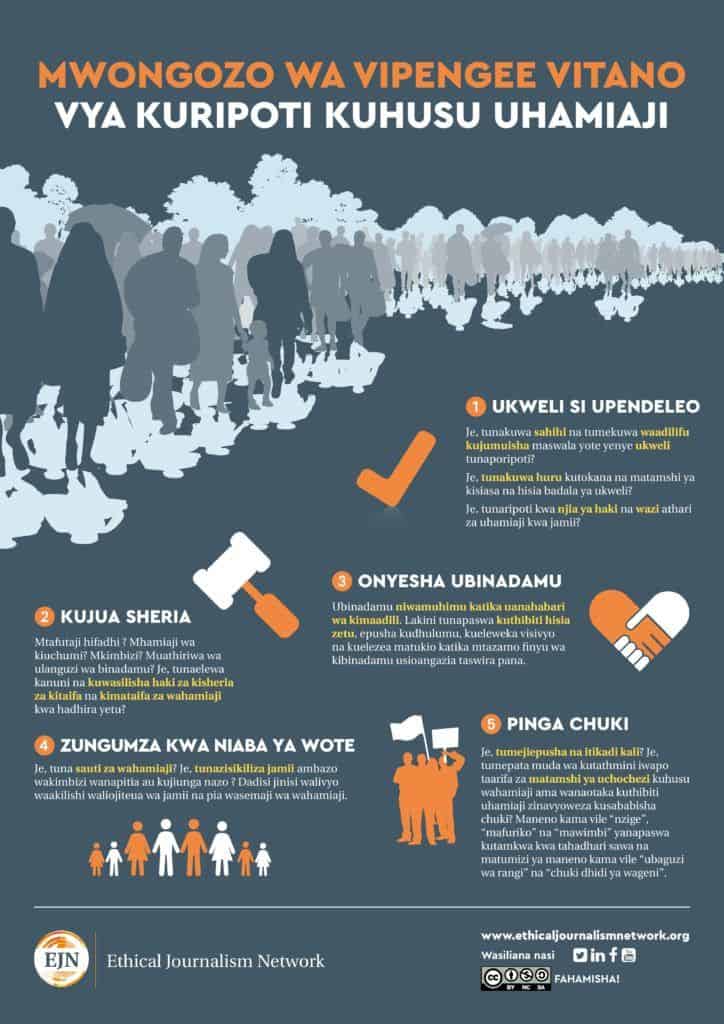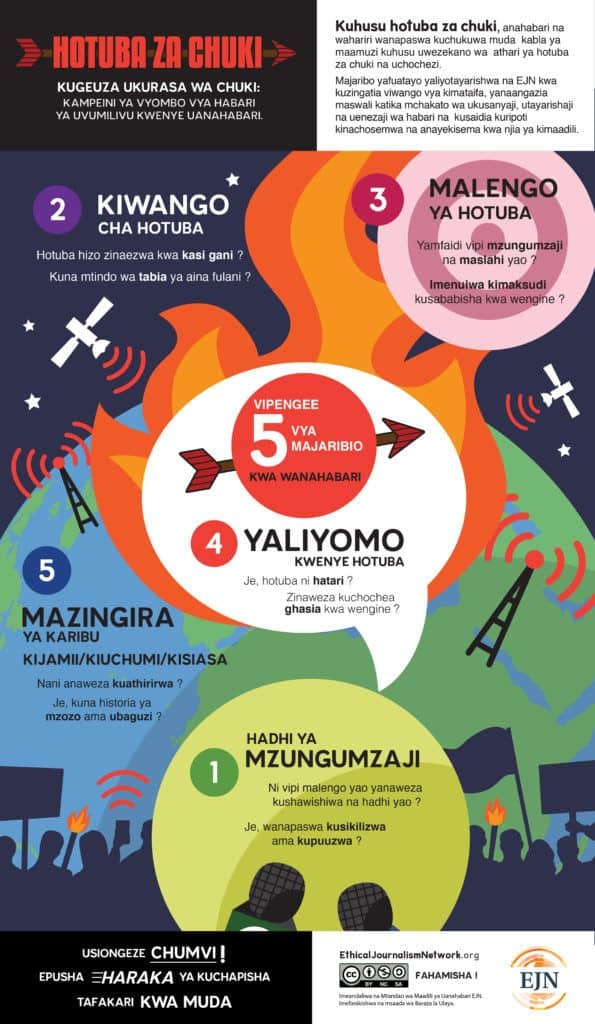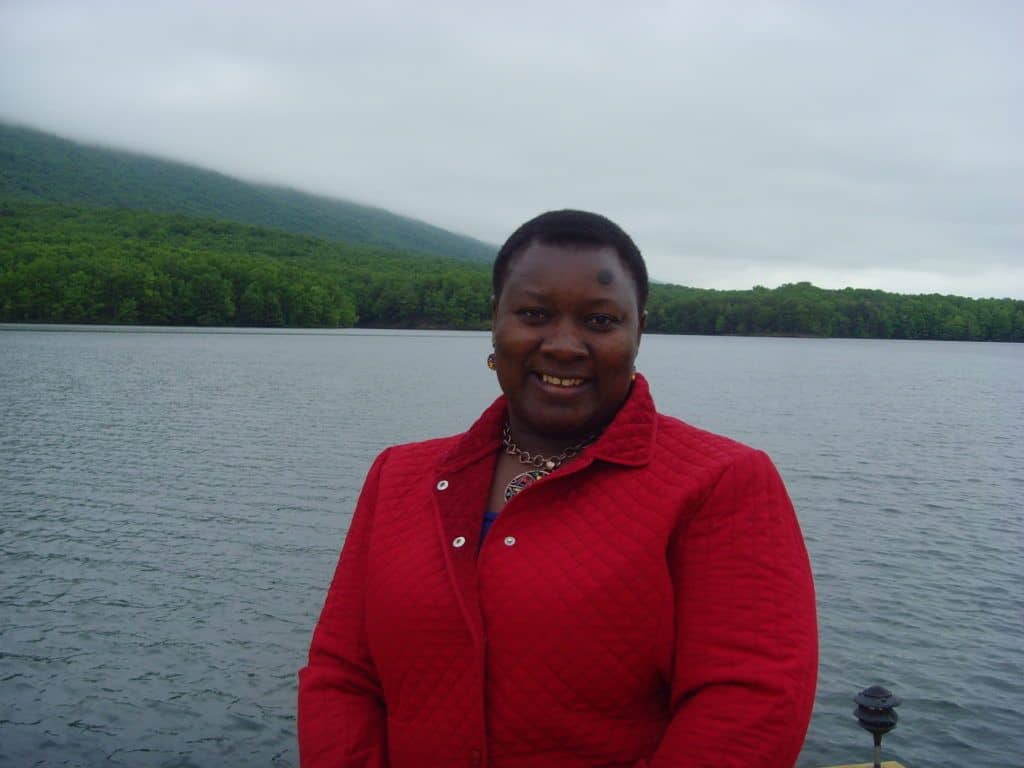Reframing media coverage of refugees in Uganda
By Racheal Nakitare
Uganda is currently hosting over 1.6 million refugees, the highest number of in the country’s history, receiving emergency arrivals from South Sudan, DR Congo and Burundi adding to the numbers that have been in the country from Rwanda, Somalia and Kenya.
Referring to the Refugee Act of Uganda 2006, Innocent Ndahiriwe from the Department of Relief, Disaster Preparedness and Refugees told a recent vent in Kampala that “the government of Uganda has permitted refugees to live humanely, freely, work, study, and access social services” despite the lack of funding for humanitarian assistance.
But despite the goodwill exhibited from the government, media stories about refugees have often depicts them as terrorists and burdens to society. A qualitative research study analyzing media coverage and social media engagement by Ultimate Multi-Media Consult revealed that most media stories did not give any prominence to the lives of the refugees.
A good illustration of the preconceived notions includes the language used when referring to refugees. For example, in the local languages, refugees are referred to as Empunyi (Kinyankole) Vunda vunda (Kiganda) and Impunzi (Fumbira).
These descriptions portray refugees as “people who wander aimlessly without direction” and help frame the public narrative on refugees. This framing was challenged at Media Challenge Expo 2018 a three-day event in Kampala from 16-18 November under the theme “Reframing media coverage of refugees in Uganda”.
The event attracted 356 journalism students from various universities in Uganda, 45 media houses, 22 refugee organisations, 9 media development organizations and several governmental representatives.
Speaker after speaker called for reflection on the coverage of refugee and migration stories and outlined the pitfalls and complexity of the subject.
The Ethical Journalism Network was invited to speak at the Expo and give two workshops to provide practical guidance to the young journalists using our guidelines on migration reporting, the EJN five-point test to hate speech and other resources.

Both of the guidelines are available in Swahili amoung over 30 other languages.
REFUGEE CRISIS IN UGANDA
Dennis Nkunde, a seasoned journalist and now Director of Atrocities Watch who shared testimonies of his encounters while reporting during the Rwandan genocide in 1994, appealed to journalists to allow the refugees to tell their stories rather than be their “spokespersons when they have not experienced refugee life.”
In one of the assignments, he recalled, he was reminded by a soldier to choose between writing and quitting journalism to join charity work when he stopped to pick a child that was suckling the breast of his dead mother.
The journalists who have experienced first-hand reporting of war and conflict understand the circumstances that lead to refugee situations and therefore are often more empathetic to their situation. But for those who are assigned to write stories as their regular beats, they are often caught between the subjectivity of society and the deep underlying crisis that the refugees find themselves in.
FOCUS ON ETHICAL JOURNALISM

5-point test for Hate Speech – Swahili
It requires the effort of many actors who include the media who report accurately, to create a support mechanism for the refugees in Uganda.
Abaas Mpindi, CEO, Media Challenge Initiative identified the gaps and saw the need to amalgamate different stakeholders under a common theme to focus on how the refugee situation can receive better media attention.
“Media has done a good job in highlighting the plight of refugees in Uganda, but they can do better” he said.
The symposium, which fell on the first day of the three-day Media Challenge Expo provided the opportunity for media to reflect on their performance in reporting the refugee stories and come up with clear strategies on how to reframe the narrative.
There is need to outgrow the “breaking News syndrome” and focus on stories that add value to lives. The rampant acquisition of cellphones means everyone is a potential citizen journalist.
Rather than fear the growth of citizen journalism, students of journalism are urged to seize the opportunity, adhere to the professional ethics of journalism, and write rich stories that are grounded in deep research that ensures fact-checking, the accuracy of content and broad informed objective perspectives.
The Ethical Journalism Network’s resources on migration reporting guidelines reinforce the need for journalists to stick to the facts, know the law, show humanity, give due prominence to the voices of migrants, and challenge hate while reporting. You can watch the EJN Chair, Dorothy Byrne, the Head of News and Current Affairs at Channel 4 News, talk about the guidelines in the video below. The Ethical Journalism Network will contribute to the “Refugee Reporting Handbook for Journalists” that the Media Challenge Initiative will publish in February 2019.
The three-day Expo provided the rare opportunity for students of media to appreciate the challenges faced by practising media professionals but most importantly create relationships that will continue to mentor them through media studies and practice.
The commitment exhibited by various stakeholders who included 22 refugee organizations, 44 media houses, United Nations agencies, over ten universities in Kampala, and government representatives among others, is a clear indication of the import role that media will play in the fate of refugees in Uganda.
Racheal Nakitare

is a seasoned broadcast journalist with a Master’s in Communication studies from the University of Nairobi. She studied New Media and Conflict Transformation at Philip Merril School of Journalism, the University of Maryland under the prestigious Hubert Humphrey fellowship.
Racheal is the Acting Television Programmes Manager at the Kenya Broadcasting Corporation and has worked extensively on addressing hate speech in and through the media as well as on advocacy for women’s rights online. She is the immediate former President of the International Association of Women in Radio and Television (IAWRT).
Racheal is the EJN’s Africa Representative and previously served as a board member of the Ethical Journalism Network.
For all the Ethical Journalism Network’s resources on this subject go to our Media and Migration section.